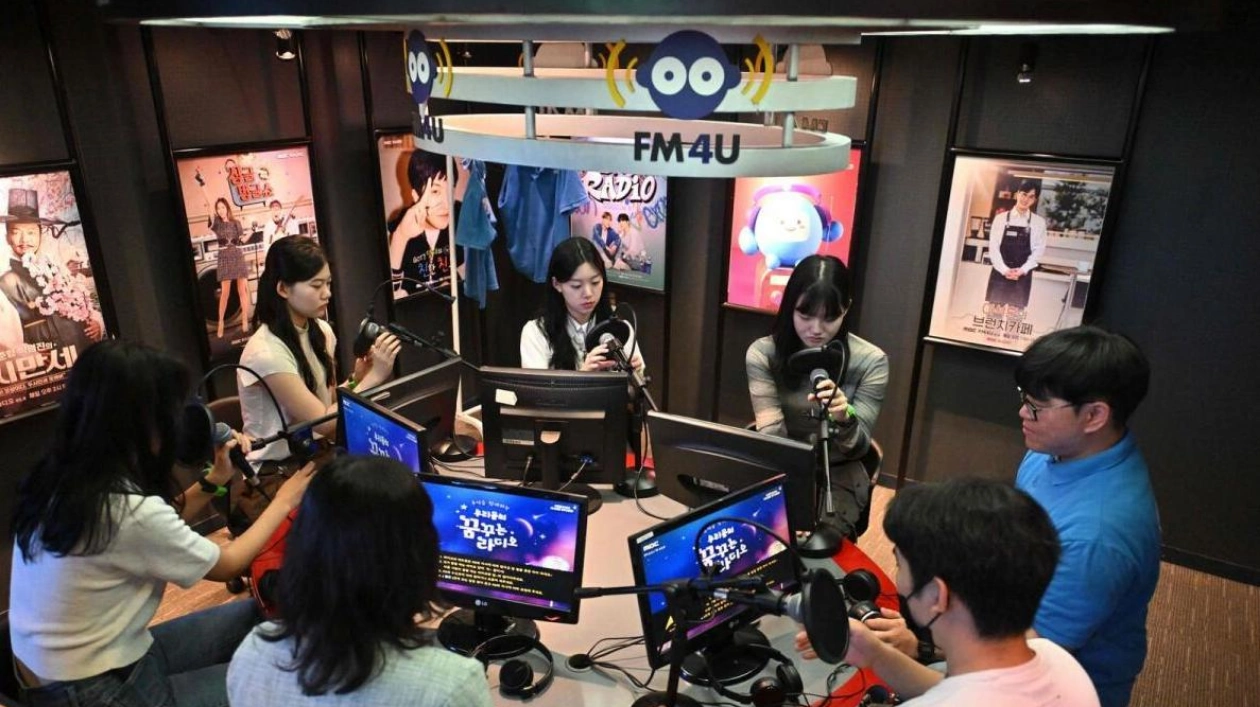In Seoul, at a children's role-playing theme park called KidZania, 23-year-old Park Woo-joo is on a mission that is quite adult in nature: he is seeking his future career path. Despite being university-educated, Park remains unemployed, a situation common in South Korea where youth unemployment is high due to a mismatch between the education level of young people and the demands of the job market. KidZania, part of a Mexican-owned global chain, usually caters to young children, offering them the opportunity to experience various professions in large indoor facilities. However, KidZania South Korea has innovated by using its Seoul location to assist unemployed young adults in finding their true vocation through special, nostalgia-driven events exclusively for adults.
Despite South Korea's extremely low birthrate leading to labor shortages, youth unemployment remains persistently high. Park, who holds a degree in business administration, was among the 500 attendees at the recent sold-out 'Kids-ania' event for adults, a play on words in Korean that essentially means 'Not Kids'. At the expansive indoor theme park, Park participated in various role-playing scenarios, hoping to gain insights into potential careers that might inspire him.
The idea for these adult-only events originated with Kang Jae-hyung, the president of KidZania South Korea, who aimed to support young people who might have visited the park as children. Kang's initiative initially faced skepticism and internal resistance, but the first event was an immediate success. Kang believes that many young adults in South Korea need to reconnect with their sense of fun and not take their professional lives too seriously.
Lee Soo-min, a 20-year-old university student, also attended the event, reflecting on how her perspective had changed since her childhood visits. South Korea, with the world's lowest birthrate, faces a shrinking working-age population and widespread labor shortages across various sectors, despite having a high youth unemployment rate of 6.2%, more than double the overall rate.
Experts attribute the high youth unemployment to a preference among young South Koreans for prestigious jobs over less popular ones, with many reluctant to work for small or medium-sized enterprises (SMEs), even though they constitute the majority of the economy. Hwang Gwang-hoon, an associate research fellow at the Korea Employment Information Service, suggests that the mismatch between the aspirations of highly educated youth and the labor market realities exacerbates unemployment among this group. South Korea is addressing labor shortages through automation and the creation of more quality jobs, particularly in SMEs.
For Kang of KidZania, the key message is for unemployed young people to overcome their fears and insecurities in the job market and pursue what they truly want to do.






